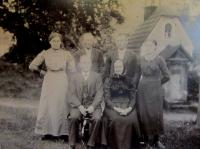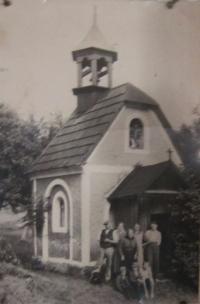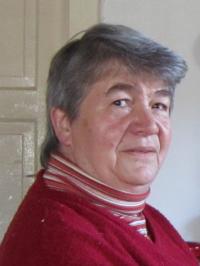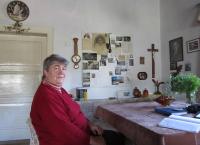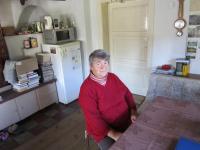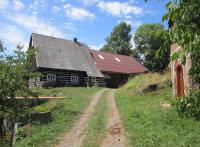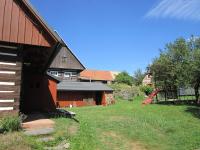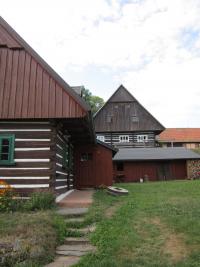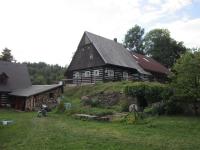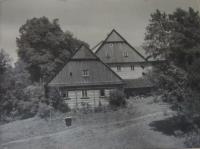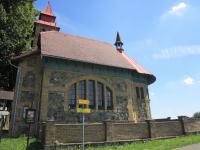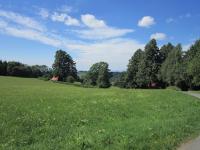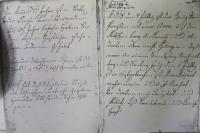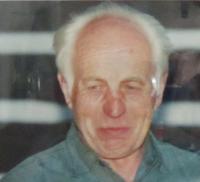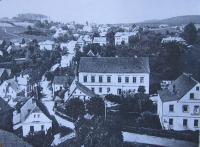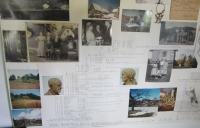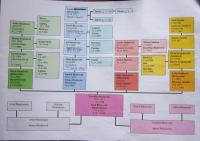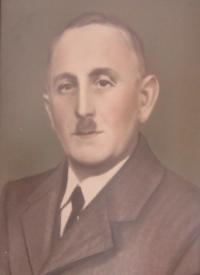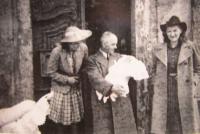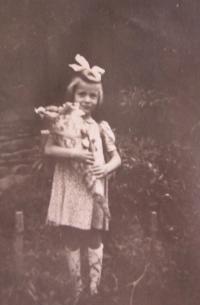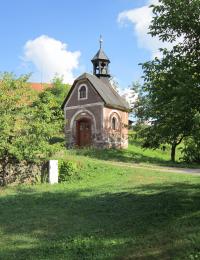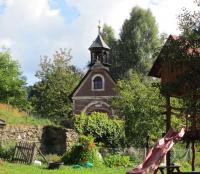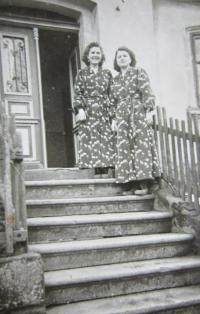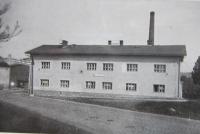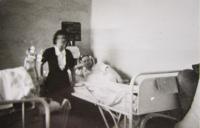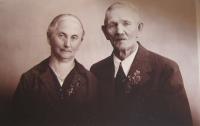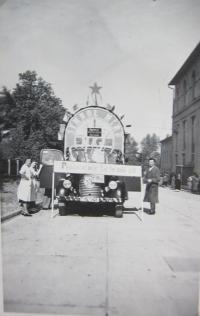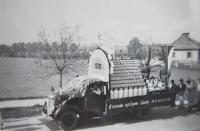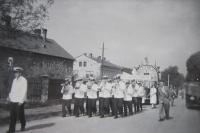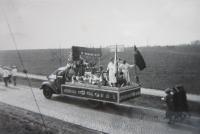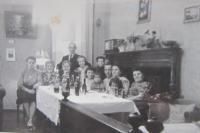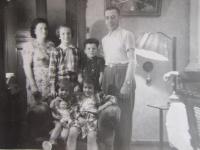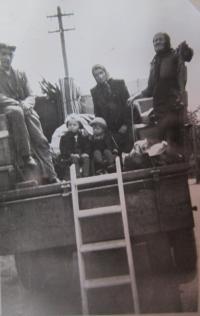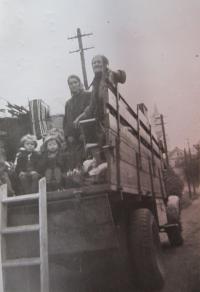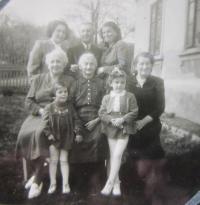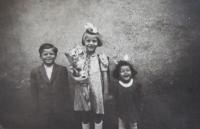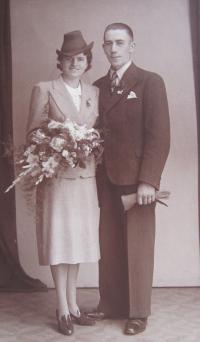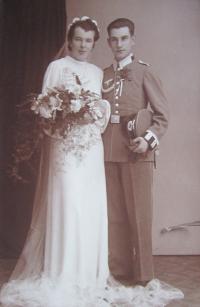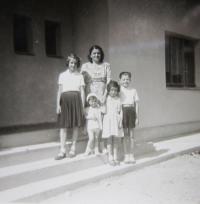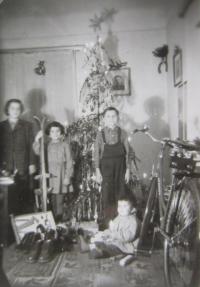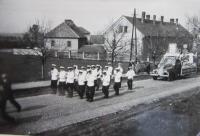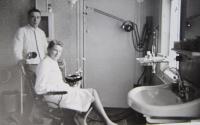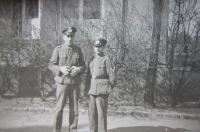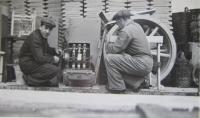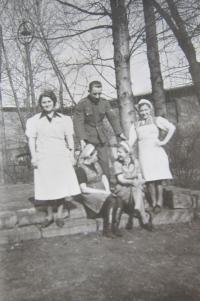We were left at the railway station alone

Download image
Doris Remešová, née Březovská, was born in 1944 in Mistrovice (Meistersdorf in German) near Česká Kamenice. Her parents were German nationals just like the vast majority of people from her native village. Although Doris was born at the very end of the war, the consequences of WWII have had impact on her entire life. The family was not included in the forced displacement of the German population from Czechoslovakia, but in summer 1947 they had to move to Opočno in the foothills of the Orlické Mountains, where they were supposed to work in agriculture. However, none of the farmers were interested in taking their large family, and the parents with children and grandmother were thus left alone at the railway station and allegedly contemplating suicide. It was actually their two-year-old son who has saved their lives, running chirpily around and wanting to play with his parents. Her father, who had been seriously wounded at Leningrad, eventually found a job as an electrician in the dairy in Opočno, and as a result the family was given a small attic apartment. After finishing school, Doris worked as a shop assistant, and while she was a manager of a shop in the small mountain hamlet Šediviny she met German Rudolf Remeš, whom she eventually married. She then lived with his family in their old timbered farmhouse from the 18th century. Her husband had fought in the wehrmacht during the war, and after sustaining an injury he returned home thanks to falsified documents. He fortunately avoided transport to Siberia after the war, but he was detained in Rychnov nad Kněžnou for some time. His mother was Czech, and his family thus did not have to leave Czechoslovakia, but all their property was confiscated. They received the property back for a brief period in the late 1950s, but then they had to include it in the unified agricultural cooperative in Šediviny, which was formed at that time. Doris Remešová continues to live in the old timbered house in the Šediviny hamlet, whose permanent population is only nine people.
